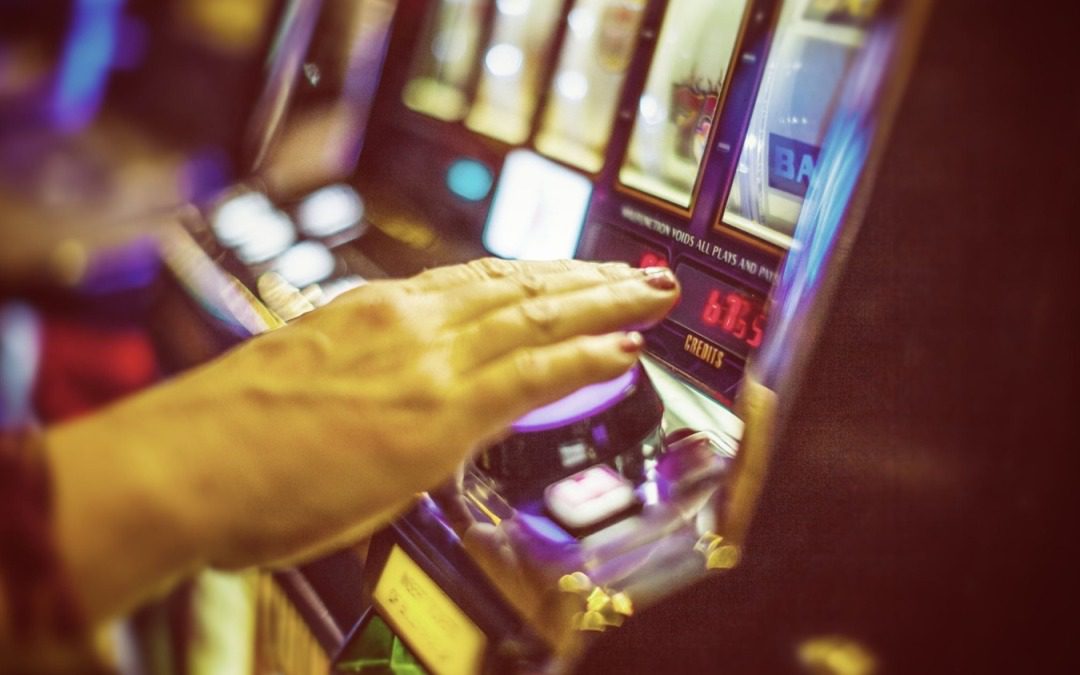While gambling addicts are disproportionately male, the number of women seeking treatment has doubled in the past five years. In summary, it’s easy to revert to long-held assumptions about what women prefer to do and how frequently they gamble, but when we delve deeper we can get a more complete picture of what motivates women to gamble, how different products appeal to them, and how gambling fits into their everyday lives.
The purpose of this article is to explore the various ways that women gamble, as well as the impact that their gambling, or the gambling of others, has on them
What is the gambling behaviour of women?
Over the years, the number of women gambling online has risen by over 50%. This is double the growth rate of men over the same time period.
Gambling rates are highest among women aged 35-54, with younger and older groups participating at lower rates. Lotteries and scratch cards are universally popular, but there has been an increase in younger women also playing fruit machines and playing slot machines in gaming centres and arcades privately with their friends.
In addition, the popularity of online gambling is increasing among women of all ages, particularly those over 35. The majority of women are moving away from playing the National Lottery in person, and instead are playing them online.
What is their motive for gambling?
It is no secret that people enjoy playing online gambling games such as slots and casinos as a way to relax and enjoy some ‘me time’ – whether it is during a break at work, or at the end of a busy day – but there are many different reasons why women gamble.
Gambling is often an opportunity for women to be sociable and enjoy time with friends. Activities such as gambling at casinos, going to bingo and playing games at arcades provide the opportunity to have fun while gambling.
Gambling effects on women
For women, gambling harm is associated with a number of negative impacts that are significantly higher than for men. In a study by Gambleaware, more women than men say that their gambling has contributed to mental health issues such as stress and anxiety. Despite this, almost 40% of individuals will refrain from seeking help due to shame or stigma.
Getting help
As part of our Gambling Treatment service, funded by GambleAware, we have developed a standard pathway that encompasses 5 key stages of treatment, with each stage being tailored to the individual needs of the person.
Here at Parkland Place we aim to address your gambling addiction and any associated underlying social and psychological issues and trauma.
If you are concerned about your gambling, or have a loved one struggling, can contact us today for advice and support.


